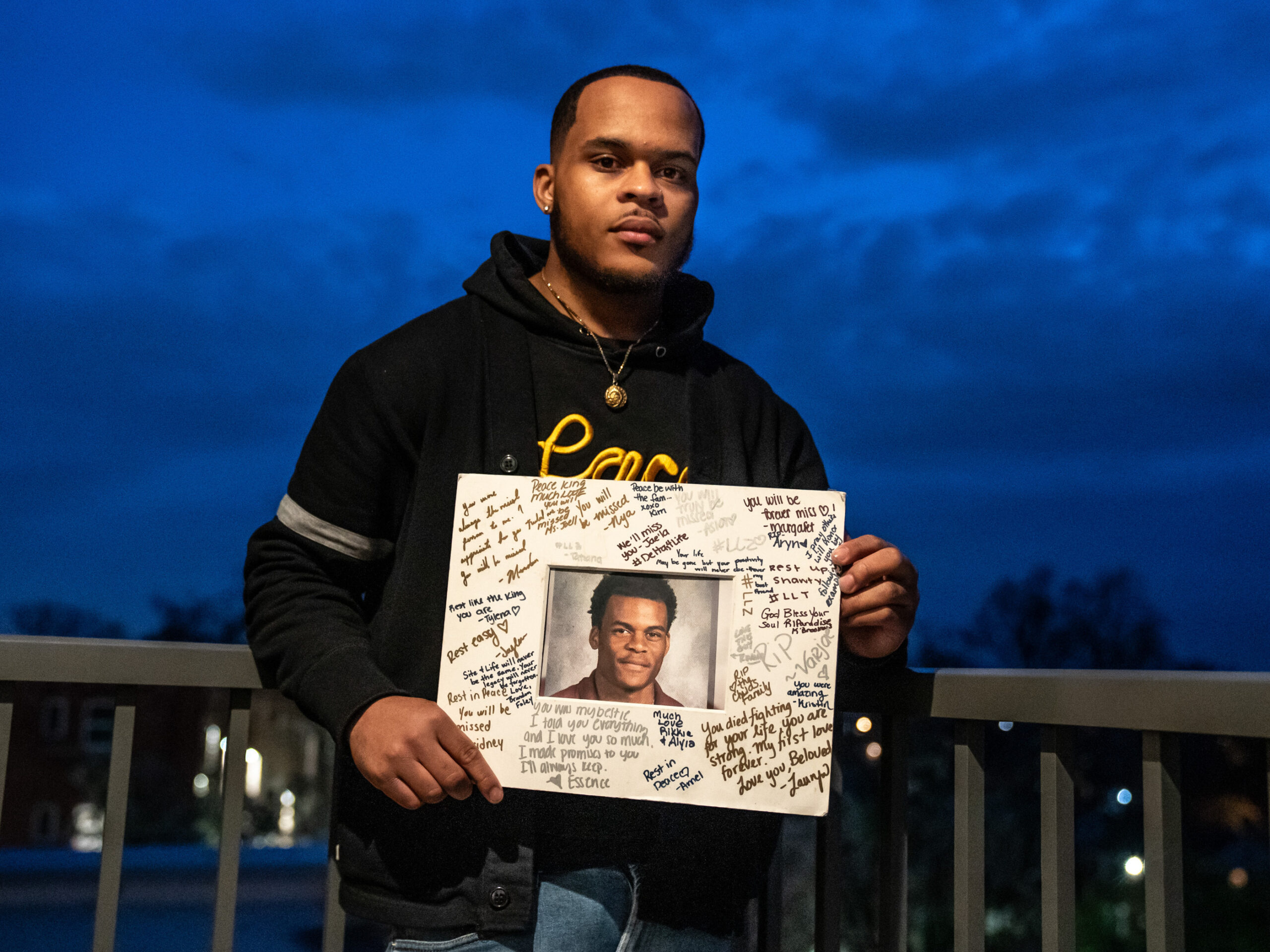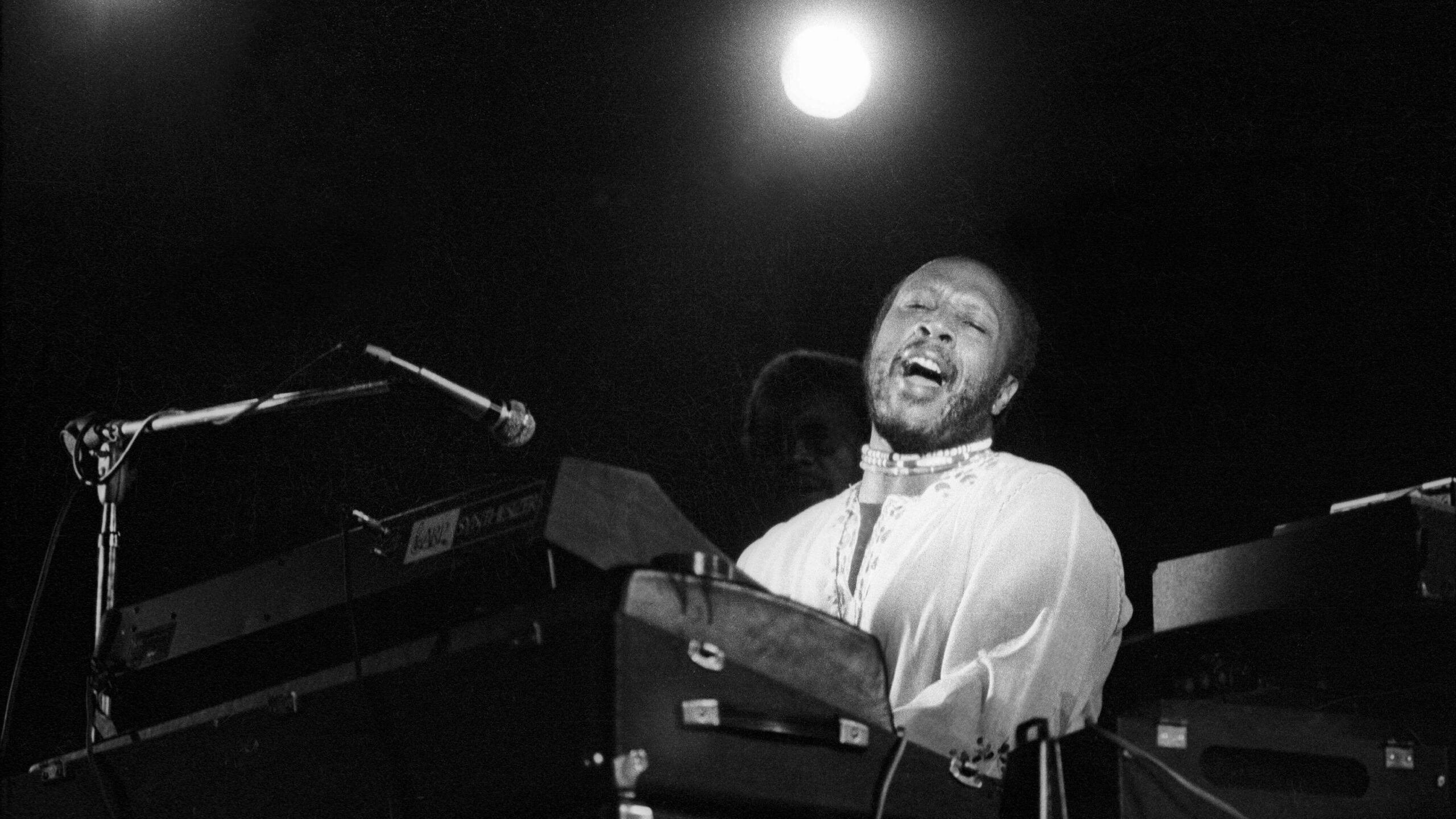Eager to forget the embarrassments, Bach asked the church officials for a four-week leave of absence so that he could travel to Lubeck to visit the famous organist Dietrich
Buxtehude. With permission granted Bach set out for Lubeck, 230 miles away, probably traveling mostly by coach. He was most interested in a set of evening concerts Buxtehude conducted. He arrived just in time for them and found that they surpassed his highest expectations.
The high level of musicianship in Lubeck held Bach in awe. The four weeks turned into four months. At one point it was even suggested to him that he might become Buxtehude’s successor, if only he would marry Buxtehude’s thirty-year-old daughter Anna Morgana but Bach politely declined. Back in Arnstadt he had recently fallen in love with Maria Barbara Bach, a distant cousin.
When he finally returned to Arnstadt Bach was a new musician. Encouraged by all the new ideas he had heard in Lubeck, he became inventive as he accompanied hymns, inserting long improvisations between verses — much to the confusion and dismay of the congregation. The church officials, still aggravated by his long absence, ordered him to stop embellishing the music, and Bach overcompensated by making the preludes too short. Then church officials complained about rumors that Bach had been using the church in off-hours to accompany the singing of “an unknown maiden,” noneother than Maria Barbara.
Stay informed on the latest news
Sign up for WPR’s email newsletter.
So by June 1707 Bach had had enough. He took a job as organist position in Muhlhausen, and in October he settled into married life with his bride, Maria Barbara.
Wisconsin Public Radio, © Copyright 2024, Board of Regents of the University of Wisconsin System and Wisconsin Educational Communications Board.





